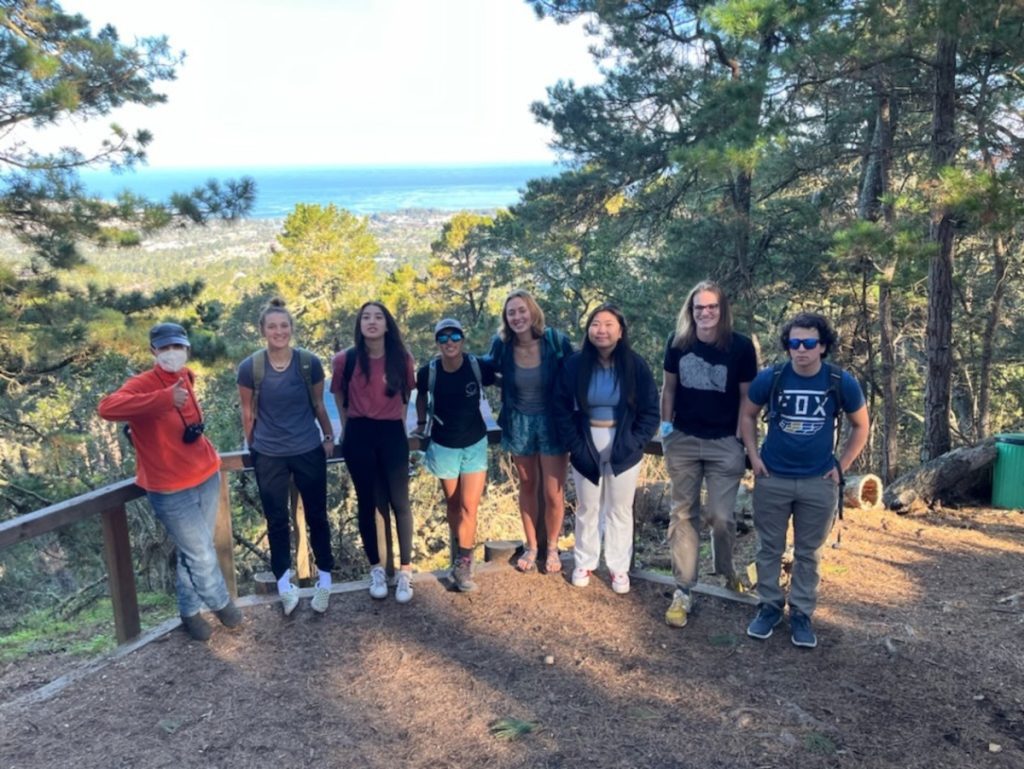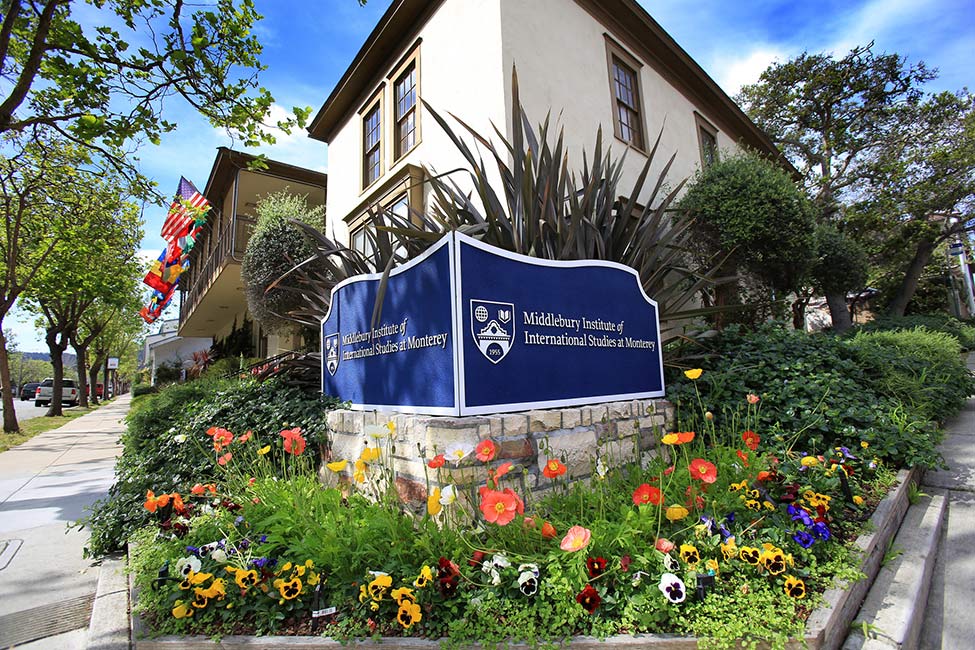In effort to build community and foster more collaborative decision-making, the Middlebury Institute held a three-day training on restorative practices in mid-November on the campus in Monterey.
These practices are emerging many student life departments in universities, but can be applied more widely to foster creativity, collaboration, and well-being at the workplace. The training was guided by facilitators from the International Institute for Restorative Practices.
This training was also offered on the College campus several times in the recent past.
Future training are likely in the works, but interested faculty and staff can learn more at the International Institute for Restorative Practices (IIRP):
· What is Restorative Practices?
· Defining Restorative
o Social Discipline Window
o Restorative Practices Continuum
o Nine Affects and the Compass of Shame
o Fair Process
o Restorative Conferences (including the restorative questions)
o Circles
Ask any of these training participants about their experience to learn more:
Ashley Arrocha, Student Services
Laura Burian, Graduate School of Translation, Interpretation, and Language Education
Jeff Dayton-Johnson, VP Academic Affairs
Lydia Gentry, Library
Alisyn Gruener, Student Services
Jeni Henrickson, Office of Digital Learning & Inquiry
Rana Issa, Language Studies Faculty
Pamela Jungerberg, Library
Carolyn Taylor Meyer, Immersive Professional Learning
Betty Nguyen, Events Management
Grace O’Dell, Center for Advising & Career Services
Melissa Sorenson, Organizational Development
Patricia Szasz, Language and Professional Programs
Toni Thomas, Academics
Scott Webb, Center for Advising & Career Services
Julianne Merry, Alumna MAIEM ’15
Thanks to Melissa Sorenson for organizing this training with the IIRP.






